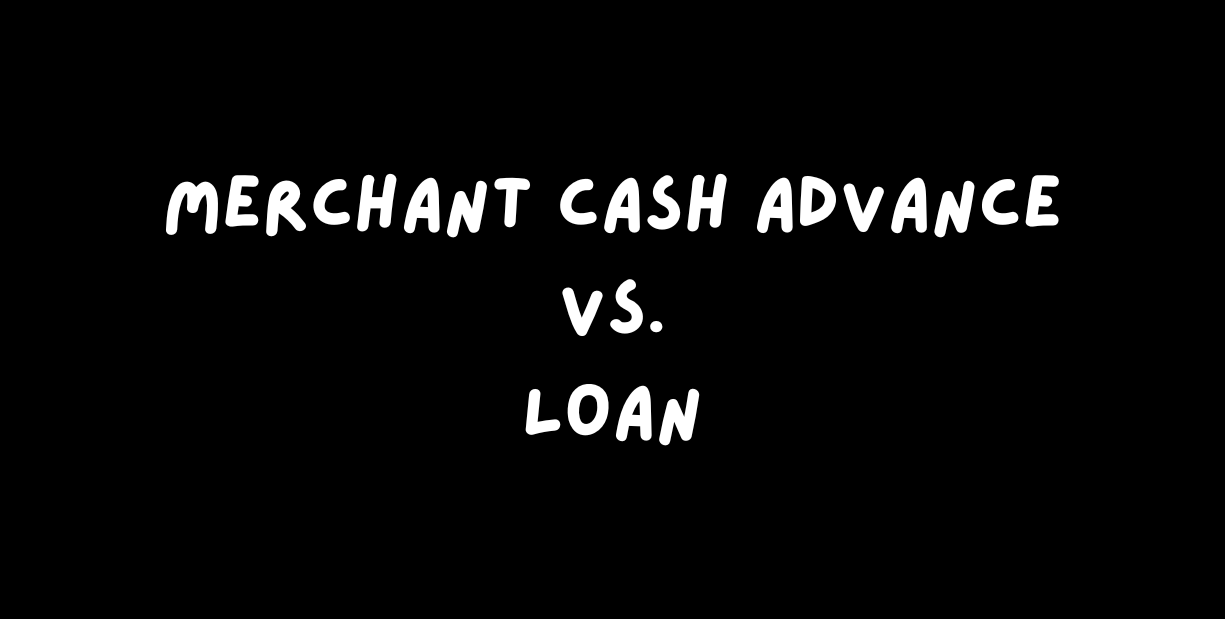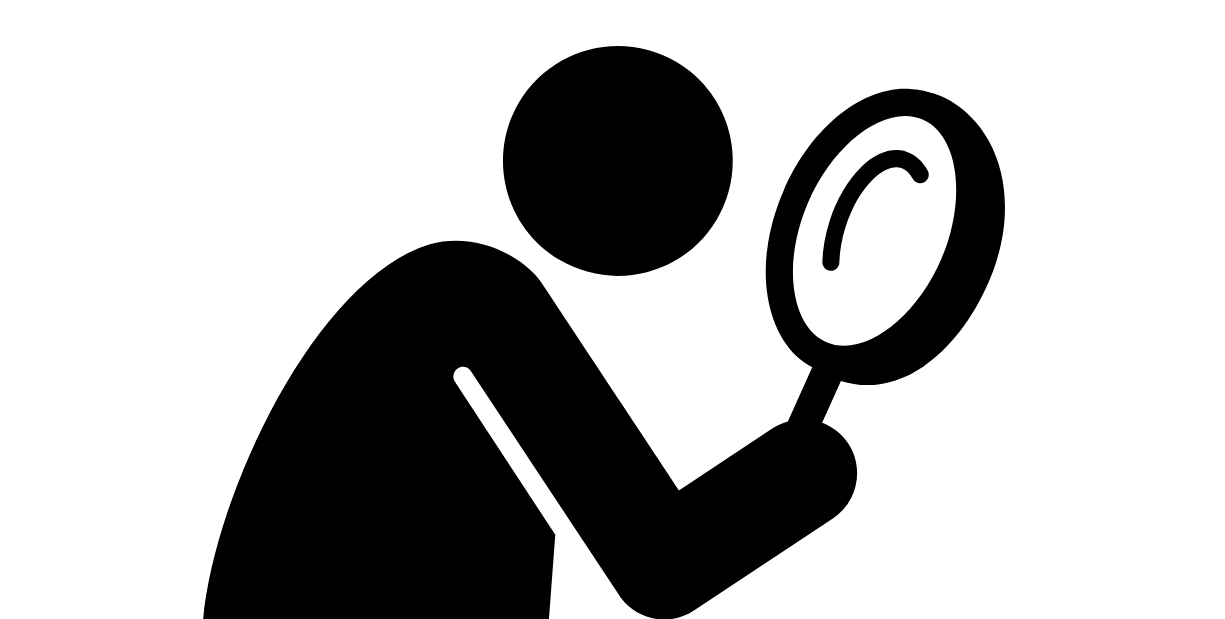Chapter 13 Bankruptcy: A Path to Financial Reorganization
Chapter 13 Bankruptcy: A Path to Financial Reorganization

What is Chapter 13 Bankruptcy?
Chapter 13 bankruptcy is often referred to as the “wage earner’s plan.” It allows individuals with a regular income to create a repayment plan to pay back part or all of their debts over three to five years. Unlike Chapter 7, Chapter 13 doesn’t involve liquidation of assets, making it a more attractive option for people who want to keep their property while getting their financial affairs in order.
How Does Chapter 13 Differ From Chapter 7?
The main difference between Chapter 13 and Chapter 7 is that Chapter 13 focuses on reorganizing your debts and paying them off over time, while Chapter 7 involves liquidating non-exempt assets to pay off creditors. In Chapter 13, you keep your property, but you must commit to a repayment plan based on your disposable income.
Who Can File for Chapter 13 Bankruptcy?
Chapter 13 is available to individuals with a regular income who owe less than a certain amount of secured and unsecured debts. If your debts exceed the limits, you may need to explore Chapter 11 instead. It’s also important to show that you have sufficient income to cover your living expenses and still make payments on your repayment plan.
Why Choose Chapter 13 Over Chapter 7?
Many people choose Chapter 13 over Chapter 7 because they want to protect their home, car, and other assets from liquidation. Chapter 13 also offers the chance to catch up on missed mortgage or car loan payments, making it a good option for those who are behind on payments but want to avoid foreclosure or repossession.
The Chapter 13 Bankruptcy Process
Step 1: Filing the Petition
Just like Chapter 7 , the Chapter 13 process begins with filing a bankruptcy petition. You’ll need to provide detailed information about your income, expenses, debts, and assets.
Step 2: The Automatic Stay
Once you file for Chapter 13, the automatic stay goes into effect, stopping creditors from pursuing collection actions, foreclosures, or garnishments. This immediate relief can give you the breathing room you need to put your finances in order.
Step 3: Developing a Repayment Plan
The heart of Chapter 13 is the repayment plan. You’ll work with your bankruptcy trustee to create a plan that outlines how much you’ll pay your creditors over three to five years. The plan must be realistic, based on your income and reasonable expenses, while also ensuring that priority debts are paid in full.
Step 4: Court Approval of the Plan
Your repayment plan must be approved by the bankruptcy court. During the approval process, creditors can raise objections, but once the court confirms the plan, both you and your creditors are bound by its terms.
Step 5: Repayment Over 3-5 Years
Once your plan is approved, you begin making payments to the trustee, who then distributes the funds to your creditors. Payments are typically made monthly, and the amount you pay is based on your disposable income.
Step 6: Discharge of Remaining Debts
At the end of your repayment plan, any remaining eligible debts are discharged. This means you are no longer legally obligated to pay them, giving you a fresh financial start.
What Debts Can Be Discharged in Chapter 13?
Priority Debts That Must Be Paid in Full
Certain debts, known as priority debts, must be paid in full under a Chapter 13 plan. These include child support, alimony, and recent tax obligations.
Secured Debts in Chapter 13
Secured debts, like your mortgage or car loan, can be included in your repayment plan. If you’re behind on payments, Chapter 13 allows you to catch up, often preventing foreclosure or repossession.
Unsecured Debts in Chapter 13
Unsecured debts, like credit card debt and medical bills, are usually paid a percentage of what you owe, depending on how much disposable income you have during your repayment period. Any unpaid balance is discharged at the end of the plan.
Protecting Your Assets in Chapter 13
Keeping Your Home
One of the biggest advantages of Chapter 13 is the ability to save your home from foreclosure. If you’re behind on your mortgage, Chapter 13 gives you the opportunity to catch up on payments over time, rather than losing your home.
Keeping Your Car
Similar to your home, Chapter 13 can help you keep your car. If you’re behind on car payments, you can include those missed payments in your repayment plan, allowing you to retain ownership.
Treatment of Non-Exempt Assets
Unlike Chapter 7, where non-exempt assets are sold off, Chapter 13 lets you keep your property. However, you’ll need to show that your creditors are receiving at least as much as they would have if you had filed for Chapter 7.
Common Misconceptions About Chapter 13 Bankruptcy
"Chapter 13 Takes Too Long”
It’s true that Chapter 13 requires a commitment of three to five years, but it’s a structured approach that gives you time to repay debts without losing assets. Think of it as a marathon, not a sprint.
“I Won’t Be Able to Afford Payments”
Your repayment plan is based on your ability to pay, not on unrealistic expectations. The court considers your necessary living expenses before setting your payment amount, ensuring the plan is feasible.
“I Can’t File for Chapter 13 if I’m Self-Employed”
Self-employed individuals can file for Chapter 13, as long as they have a regular income and meet the debt limits. In fact, many small business owners use Chapter 13 to reorganize their finances while continuing to operate their business.
Pros and Cons of Chapter 13 Bankruptcy
Benefits of Chapter 13 Bankruptcy
- Asset Protection: You get to keep your home, car, and other valuable assets.
- Repayment Flexibility: Chapter 13 allows you to catch up on missed payments and reorganize debt at a manageable pace.
- Automatic Stay: The automatic stay prevents creditor harassment, foreclosures, and garnishments.
Drawbacks of Chapter 13 Bankruptcy
- Long-Term Commitment: A Chapter 13 plan can last three to five years, which may feel like a lengthy process.
- Impact on Credit: Like all forms of bankruptcy, Chapter 13 will affect your credit score, though it’s less damaging than Chapter 7.
- Strict Adherence: You must follow the repayment plan precisely. Missing payments could result in the dismissal of your case.
Life After Chapter 13 Bankruptcy
Managing Finances After Bankruptcy
Once your bankruptcy is complete, managing your finances responsibly is key. Create a budget, track your expenses, and avoid taking on new debt unless it’s absolutely necessary.
Rebuilding Credit After Chapter 13
Rebuilding credit after Chapter 13 is possible, though it takes time. Start by paying bills on time, considering a secured credit card, and maintaining low balances on any new credit accounts.
How to Stay Out of Debt After Chapter 13
Creating a Sustainable Budget
Your budget is your financial road map. Ensure it’s realistic, includes all necessary expenses, and leaves room for savings. Stick to it to avoid future financial troubles.
Building an Emergency Fund
An emergency fund is your financial safety net. Aim to save three to six months’ worth of living expenses to protect yourself from unexpected financial hardships.
Prioritizing Debt Repayment
If you’re still carrying any debt after your Chapter 13 plan, prioritize repaying it. Focus on high-interest debt first, while making minimum payments on other debts.
Conclusion: Is Chapter 13 Bankruptcy the Right Choice?
Chapter 13 bankruptcy can offer a lifeline for individuals who want to protect their assets while managing overwhelming debt. By providing a structured repayment plan and the ability to catch up on missed payments, Chapter 13 helps you regain financial control. If you’re considering Chapter 13, consult with a bankruptcy attorney to evaluate whether it’s the best option for your situation.











